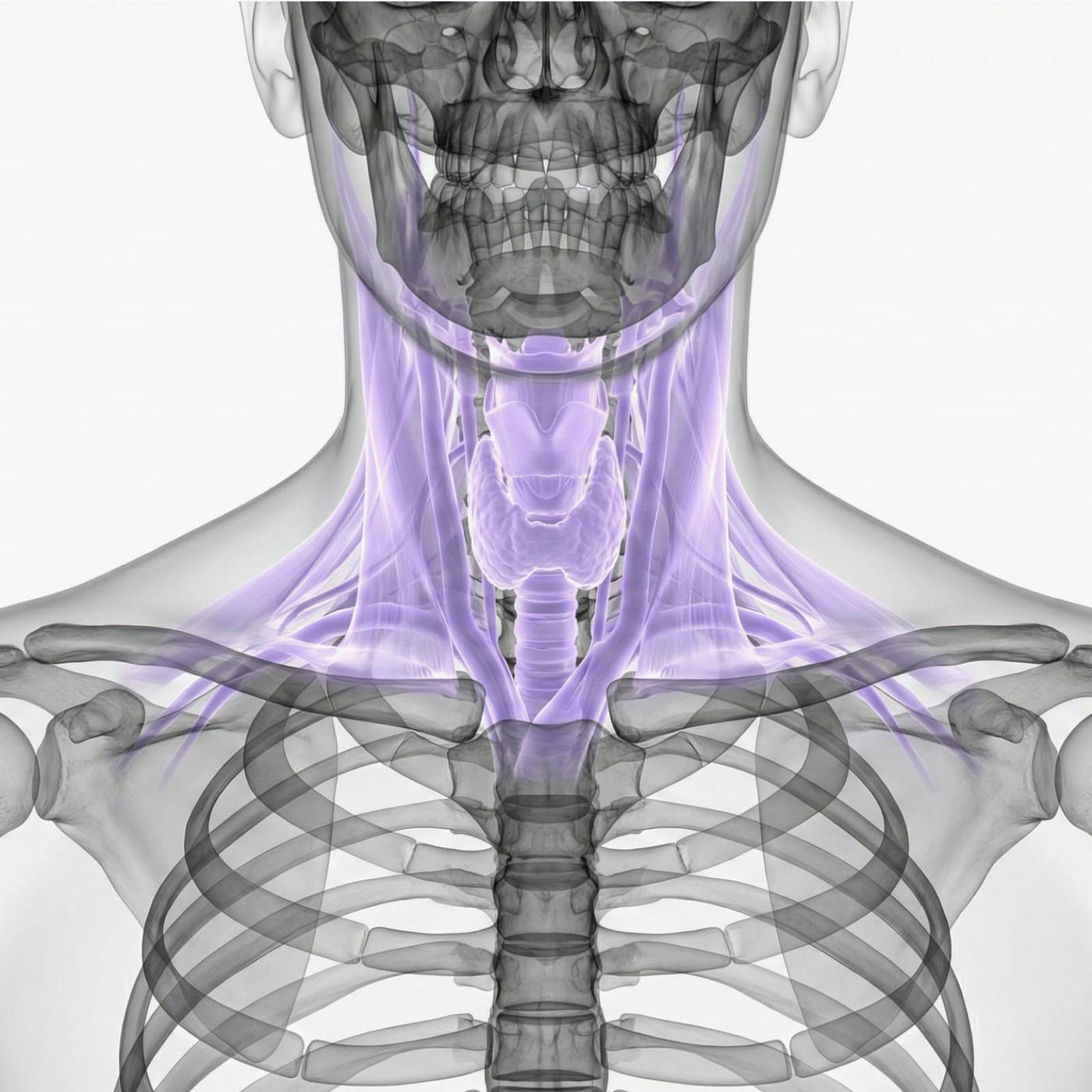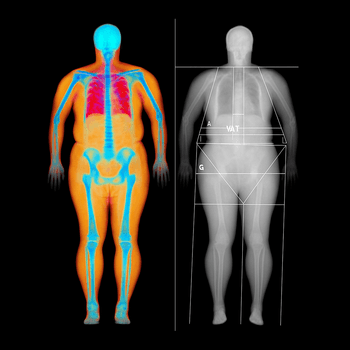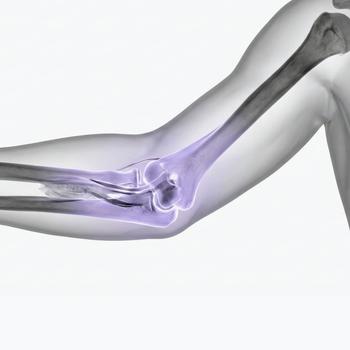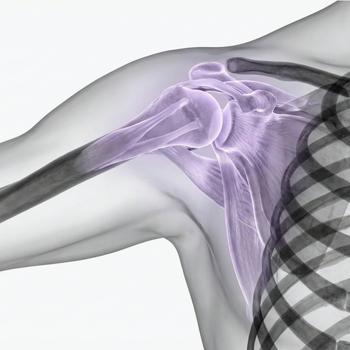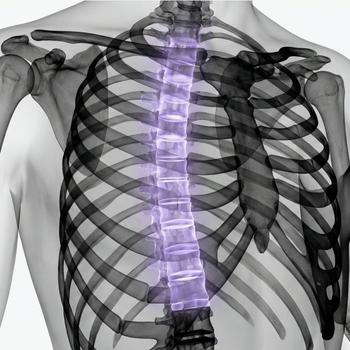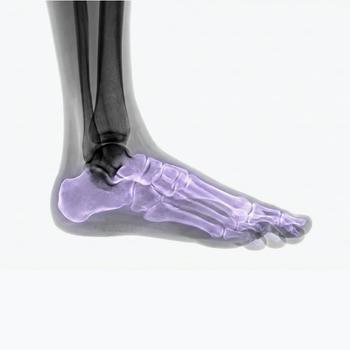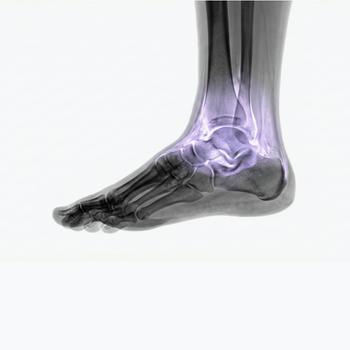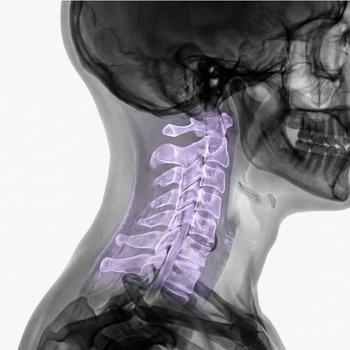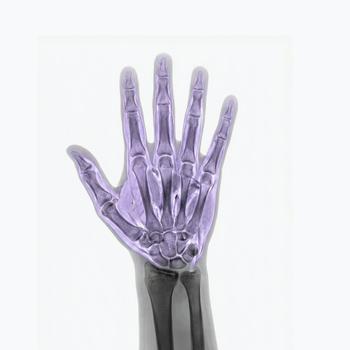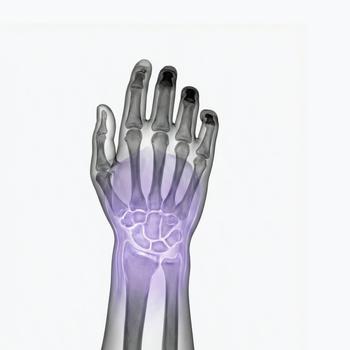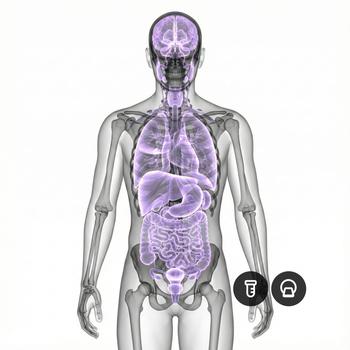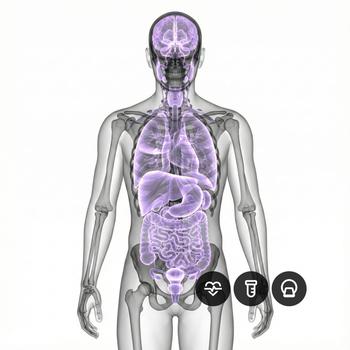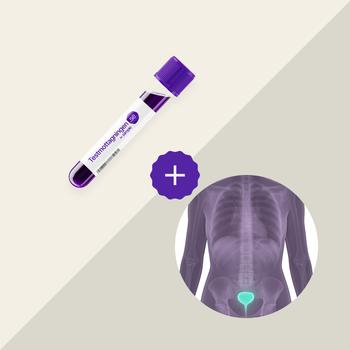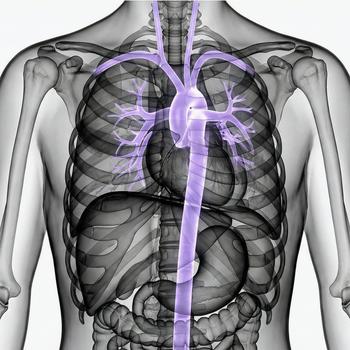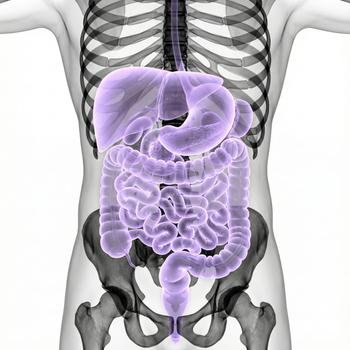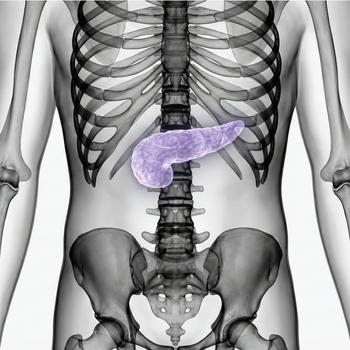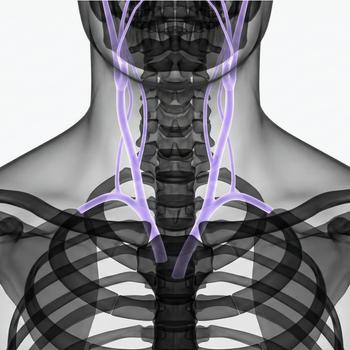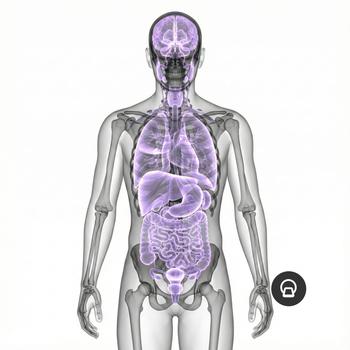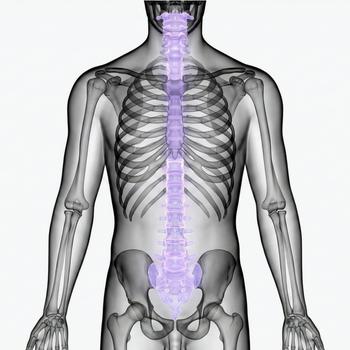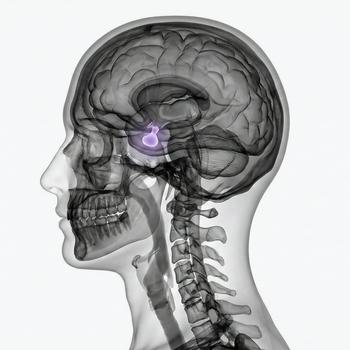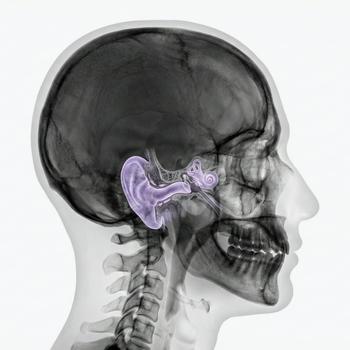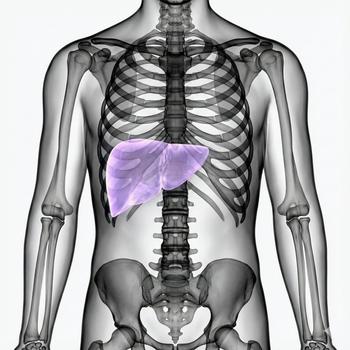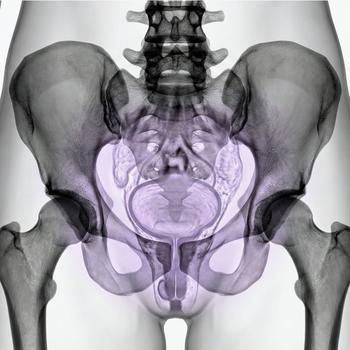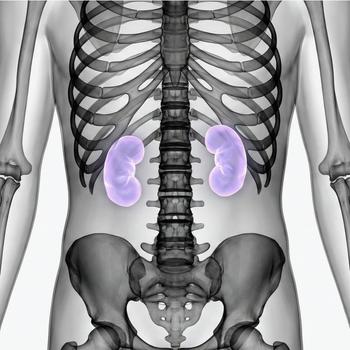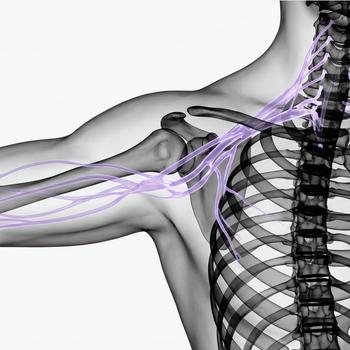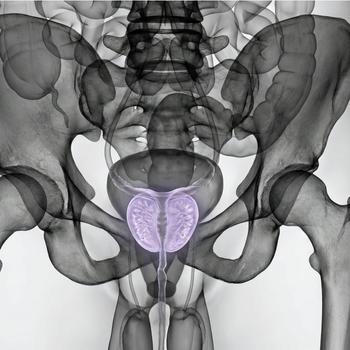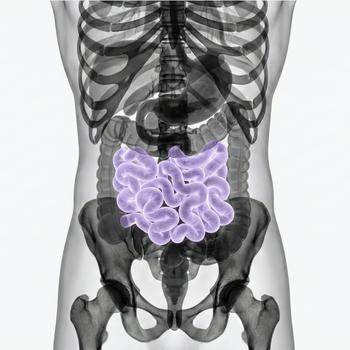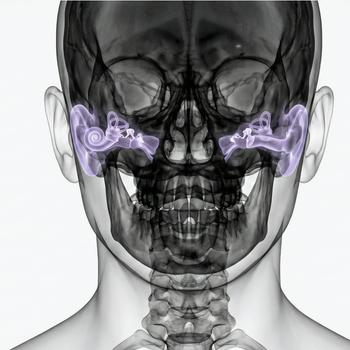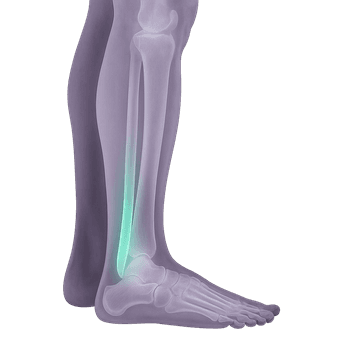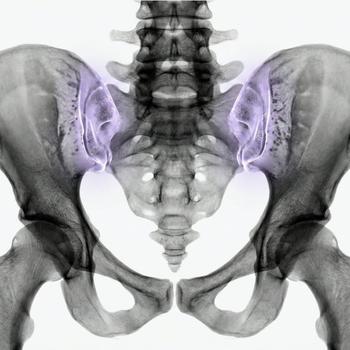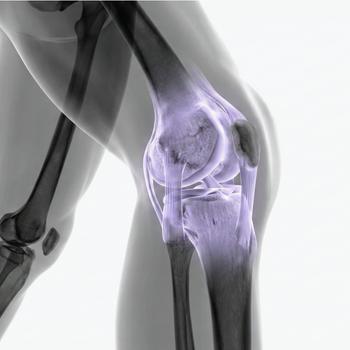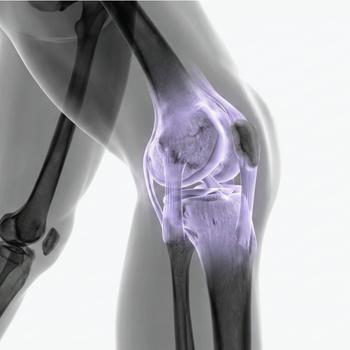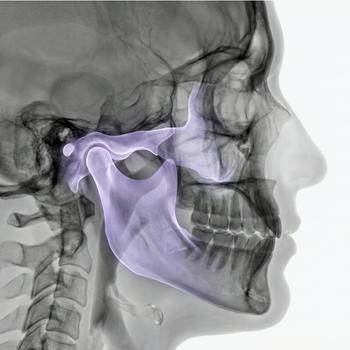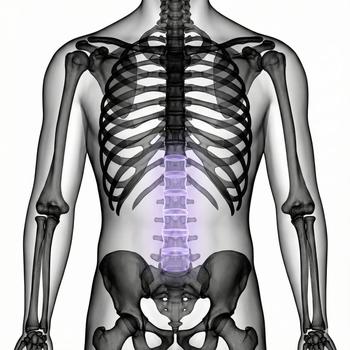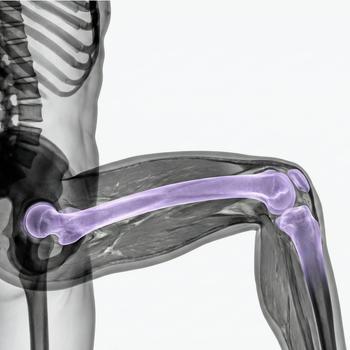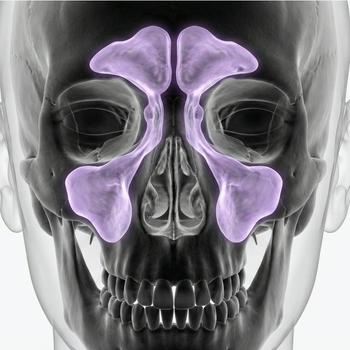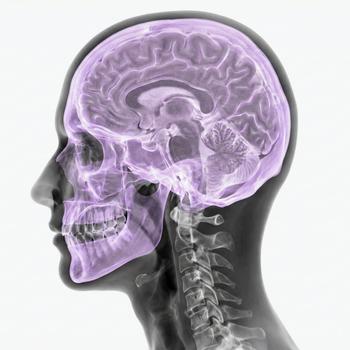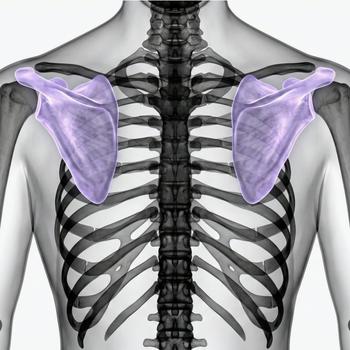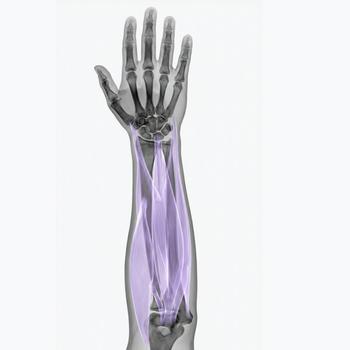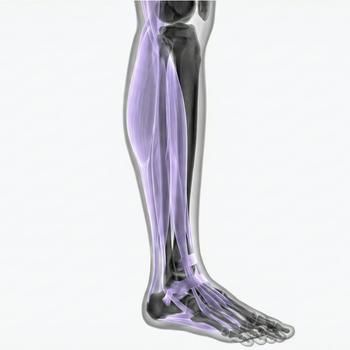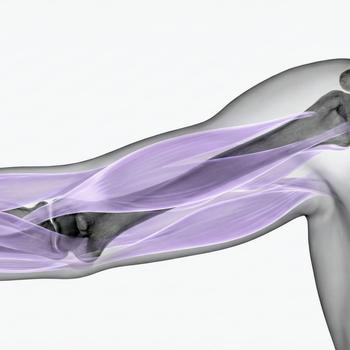MRI Throat/Larynx – Magnetic resonance imaging (MRI) for lumps, swelling, hoarseness or pain in the throat area
Recurrent sore throat, difficulty swallowing, lumps in the throat, hoarseness or a feeling of pressure in the throat may be signs of an underlying disease that requires further investigation. MRI throat is an advanced imaging method used to examine the structures in the soft tissues of the throat – including the pharynx, larynx, thyroid gland, salivary glands, lymph nodes and surrounding tissue.
MRI is particularly valuable when symptoms are persistent and the cause has not been determined with standard clinical examination, ultrasound or X-ray. The examination is completely radiation-free, painless and provides clear information about inflammation, tumors, cysts, nerve damage or structural changes.
When is an MRI of the neck recommended?
MRI of the neck is used for a variety of issues where you want to investigate the soft tissues and tissues of the neck with high precision. This may include swelling, enlarged lymph nodes, voice impairment, suspected lump in the neck or persistent pain with no known cause.
- Lump or swelling in the neck
- Hoarseness or voice changes that do not go away
- Difficulty swallowing or feeling of pressure in the throat
- Enlarged lymph nodes
- Suspected tumor, cyst or abscess in the neck region
- Follow-up of previous changes or postoperative checks
- Investigation of the larynx and vocal cord function
MRI is often used when the following conditions in the neck region are suspected
- Tumors or metastases in the neck, pharynx or lymph nodes
- Cysts, abscesses or infectious changes
- Lymphoma or other hematological diseases with enlarged glands
- Vocal cord paralysis, nerve damage or swelling in the larynx
- Congenital malformations of the soft tissues of the throat
- Postoperative checks after surgery or radiotherapy
Book an MRI of the throat – without waiting time or referral requirements
An MRI of the throat is an accurate tool for getting answers to problems that cannot be assessed with a clinical examination alone. The examination takes approximately 20–30 minutes and is performed without radiation. You do not need a referral in advance – we arrange it directly when booking. Answers from specialists are given within a few days.






















